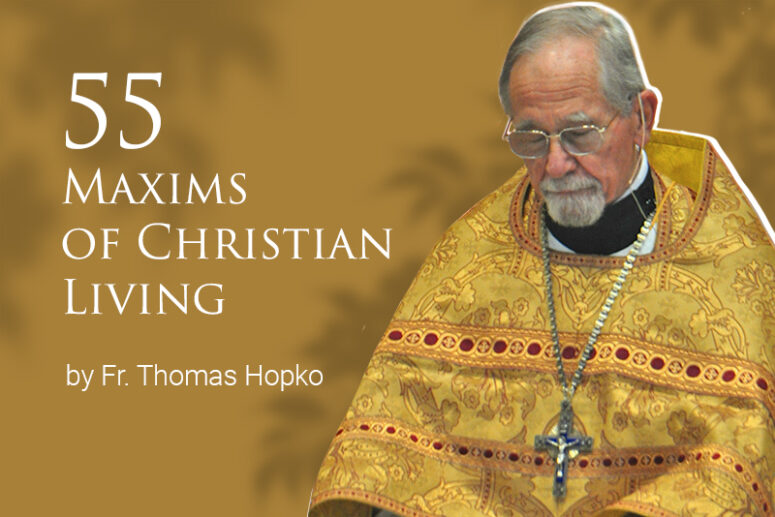
Someone said “Everybody listens to advice. Nobody ever takes it”.
But, oh, I hope you take this advice from the Protopresbyter Thomas Hopko.
So my advice is: Put his Maxims in an icon on your computer screen, labeled in capital letters so you will see it and open it often. Or print out the Maxims and put them in your daily prayer book, or in your icon corner. Because this is good.
But first, let me tell you about him.
Father Thomas Hopko
Father Tom, as almost everyone seemed to call him, was born in 1939 in Endicott, New York, baptized and raised in the Carpatho-Russian jurisdiction of the Orthodox Church. He had a 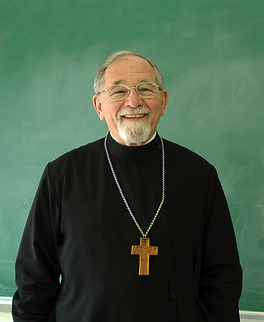 public school education, then studied at Saint Vladimir’s Seminary. He married Anne Schmemann, daughter of the noted Orthodox theologian Father Alexander Schmemann. They had five children and, at the time of his death, fifteen grandchildren. Father Thomas served as pastor of a church in Ohio, then two in New York, before becoming Professor of Dogmatic Theology at Saint Vladimir’s, where he later became Dean.
public school education, then studied at Saint Vladimir’s Seminary. He married Anne Schmemann, daughter of the noted Orthodox theologian Father Alexander Schmemann. They had five children and, at the time of his death, fifteen grandchildren. Father Thomas served as pastor of a church in Ohio, then two in New York, before becoming Professor of Dogmatic Theology at Saint Vladimir’s, where he later became Dean.
Father Thomas belonged to the Orthodox Church in America and represented them in the World Council of Churches. He was President of the Orthodox Theological Society in America. He was a prolific author, much sought as a speaker. Check out this extensive listing of his books, articles, podcasts: https://www.svots.edu/very-rev-thomas hopko/ More of his podcasts than I have time to count are available at: https://www.ancientfaith.com/podcasts/hopko
 After retiring in 2002, he and Matushka Anne lived at the women’s Monastery of the Transfiguration in Ellwood City, Pennsylvania. He died there on March 18, 2015, at age 75. Over 350 people from all over North America gathered for his funeral.
After retiring in 2002, he and Matushka Anne lived at the women’s Monastery of the Transfiguration in Ellwood City, Pennsylvania. He died there on March 18, 2015, at age 75. Over 350 people from all over North America gathered for his funeral.
That’s the dry biography.
Now let me tell you what I knew of the man.
Father Tom and me
Did I know him well? No. Not at all. Which makes my experience with him all the more remarkable.
I had heard of Father Thomas Hopko. I think I had read a couple of his instructional books from The Orthodox Faith series. Then in 1987 he spoke at a conference here in Milwaukee. By then I was seriously interested in Orthodoxy, so I went to hear him.
I thought his lectures were phenomenal. He spoke without notes and with a vast amount of knowledge at his command. To make a point he would occasionally without warning briefly go off into Greek, Latin, Hebrew, Church Slavonic, and I don’t know what else. He could certainly turn an elegant phrase, but for the most part his manner of speaking was “ordinary”, so to speak, conversational, down to earth. I compared it at the time to talking with the guy next door or a fellow you might meet at the local pub – who also happened to speak Greek, Latin and Hebrew and Slavonic! I kept comparing Father Tom and his style with other more pretentious but less capable theologians whom I had heard.
I must add this: I, an admirer of C.S. Lewis (as you well know), had heard many Anglican theologians “put down” their fellow Anglican C.S. Lewis. So I was delighted when Father Thomas referred only partly in jest to “Our Holy Father C.S. Lewis”.
After lunch, we had 45 minutes free. Surely Father Tom badly needed that break. But he had discovered that I was an Episcopalian interested in Orthodoxy, so he spent the entire time talking with me, one on one. Among other things he told me that “the Orthodox Church has total theological unanimity”. (I didn’t believe it. I do now.) And that if I wanted to be a Valiant Martyr for the Faith, I should stay Anglican, because as an Orthodox priest I would be “just another one of the guys”. (I earnestly hoped that was true. It was.)
After that I called him occasionally to ask questions. He took time to listen to me and to give thoughtful answers. I wondered what I had done to deserve all this attention. I once had an obscure query: Would a man ordained by a female bishop be a valid priest? or something like that. He answered, “That question cannot be answered from an Orthodox point of view. We don’t think in those terms.” Suddenly I realized there are other ways of looking at things, and my mind began to flip from Western to Eastern.
I had previously had two denominations bomb out on me, and I wanted to be sure that the Orthodox Church was what it said it was. (I’d heard that line before.) So in the spring of 1987 (1988?) I took a trip to the East Coast to visit a former-Episcopalian now-Orthodox friend, so he could take me to various Orthodox institutions – churches, monastery, seminary – to see for myself.
Everywhere we went there was unity in teaching and in worship. In my current denomination, some were debating “Who is Jesus?” In contrast, at Saint Vlad’s I heard a debate between Father Thomas and Father John Meyendorff on the comparatively insignificant subject: “When Christ became incarnate, did He take on fallen or unfallen human nature?” The debate was moderated by Bishop Kallistos Ware. I felt like I had died and gone to heaven.
Also, almost everywhere we went I heard people say: Father Tom did this for me. Father Tom did that for me. An “abbess” at a new little Orthodox women’s monastery (now well established) told me this story: She had been a nun in a convent of a certain denomination, but she had talked too much about Orthodoxy and had been put out, literally – out the front door, “goodbye”. She had nowhere to go and no resources. Father Tom and his family took her into their home, and he helped her get established again in the Orthodox Church.
So it wasn’t just “me”. This scholar, this teacher, this author, this man who lectured all over the country, this busy man seemed to take personal time for everybody.
By now I was sure I needed to be Orthodox, so I went home and began the process. Along the way I called him again to ask one more difficult question. He gave the right advice, as I can attest now, thirty years later.
I was now so impatient to become Orthodox. Was this going to take forever? Sometimes I felt very discouraged. One afternoon I was particularly “down”. I walked out to the mailbox and found a small envelope labeled from “T. Hopko”. As I opened it, I swear the Holy Spirit flew out. I’ve never experienced anything quite like it. I read the note inside: “Dear Father Bill, I’m praying for you. I’m sure God will work everything out right. In Christ, Father Thomas Hopko”.
We had been Orthodox for a few years. Our new mission church was fairly well established, but our Metropolitan Philip had not yet given us a name. A package arrived from Father Tom. Inside was an icon of Saint Nicholas right, with a small relic of the saint. Shortly thereafter we were given our name: Saint Nicholas Church.
Father Thomas Hopko was a major positive influence in my life.
That was my personal experience with this good, kindly, brilliant, thoughtful, caring man.
“May your memory be eternal, Father Tom.”
I know I’ll remember him with gratitude for the rest of my life. I pray for him every day.
+ + + + + + +
Father Tom’s Maxims are like him: profound, deep, yet practical and down to earth.
He provided his own introduction.
55 Maxims of Christian Living by Father Thomas Hopko
A few years ago, I was asked: “Father Thomas, if you summarized, in the shortest form, what a practical life of a believing Christian, of a human being who believes in God and believes in Christ, what would it be like? What kind of maxims or rules would that include?” And in response to that request, I made up a list of what I called “55 Maxims,” 55 things that a believer, very simply, would do if they were really a believer and were really obedient to God and wanted to live the way God would have us live.
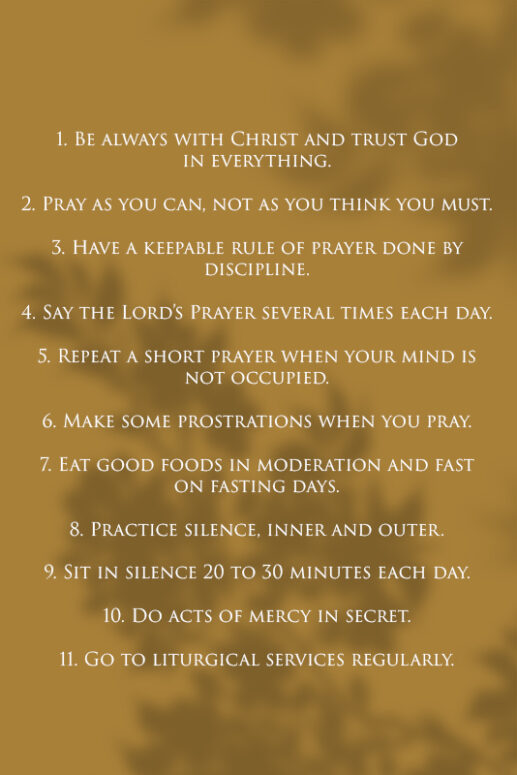
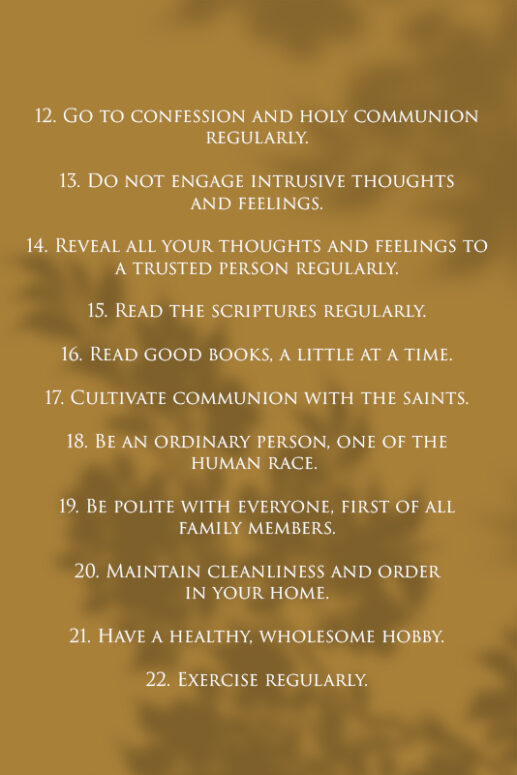
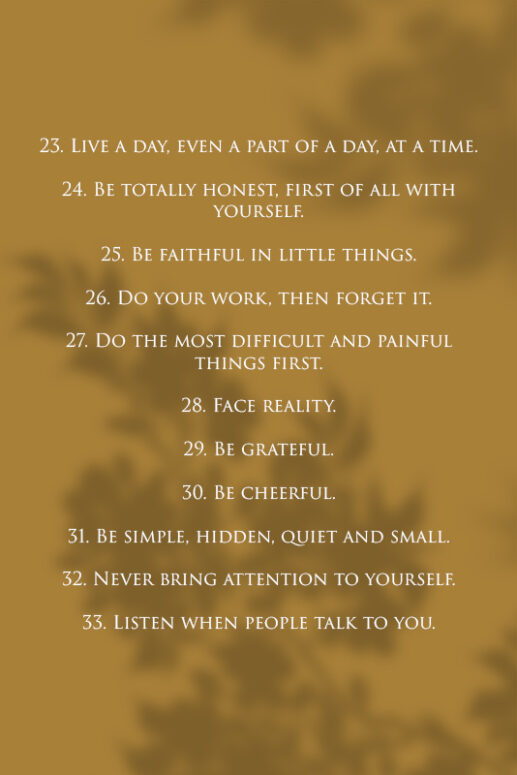
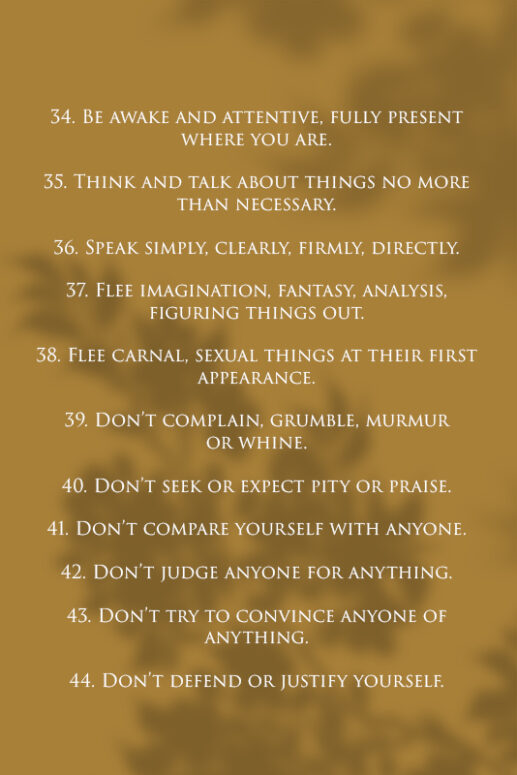
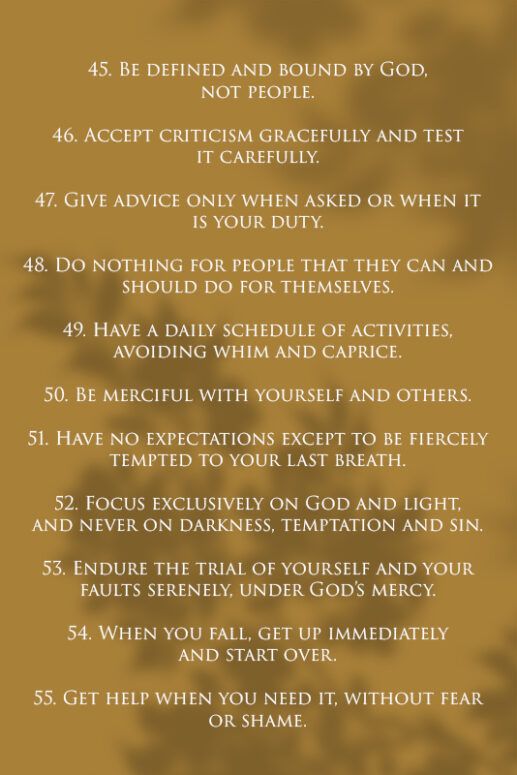
Source: https://frbillsorthodoxblog.com/2020/07/10/206-father-thomas-hopko-and-his-fifty-five-maxims-of-christian-living/

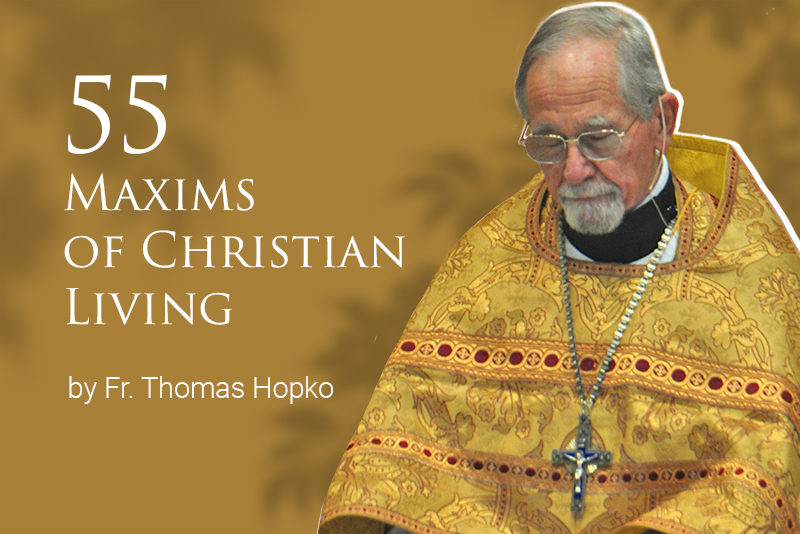

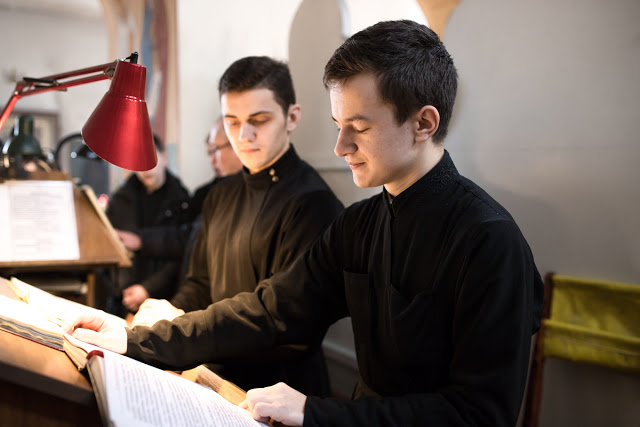

Very encouraging read. Had lunch with Fr. Hopko with a small group from our church while going thru some crisis. Some were very anxious, some in tears. He quietly listened, patient, and as we paused for a response from him, he looked at me and asked, “would you pass the salt”. He didn’t enter our crisis, he listened.